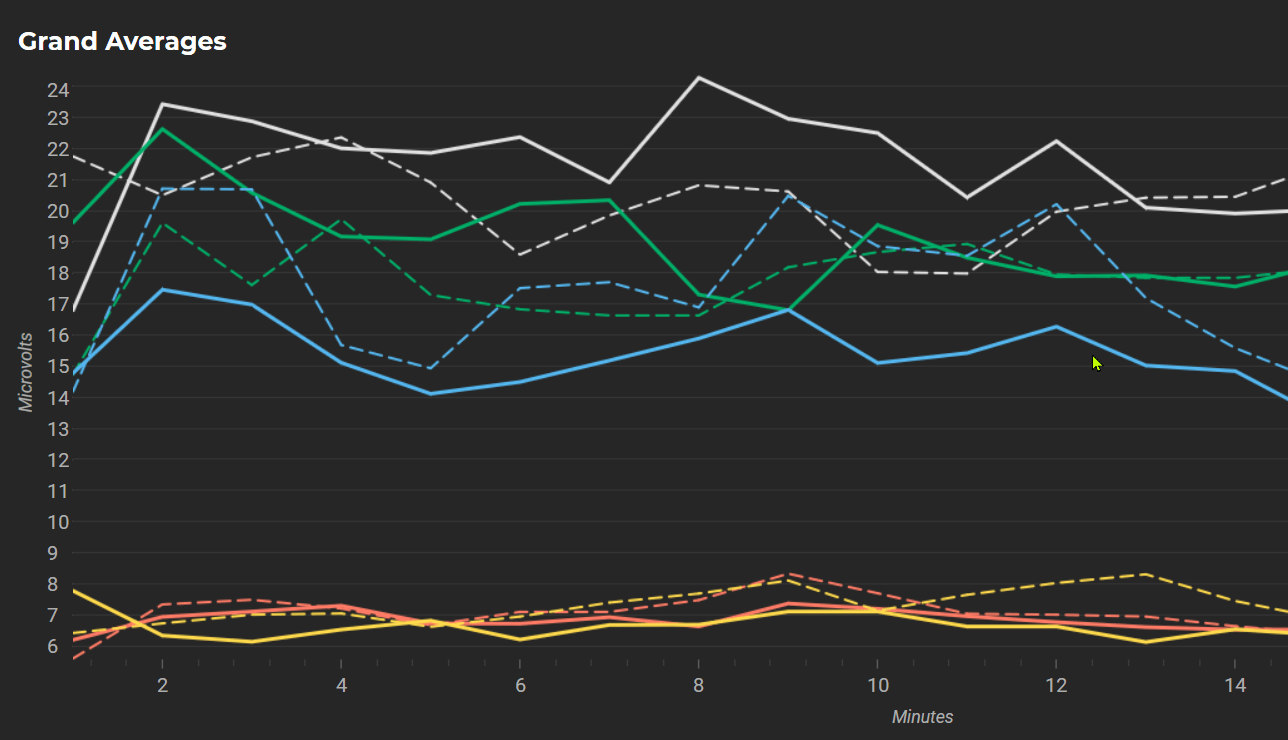This has become a more frequent question ever since training adults and children at home using QEE-driven neurofeedback became viable. While we still create a map, we are able to use advanced technology to have you trained at home. With this equipment, we can monitor your progress in our office, make adjustments, and change things just as though you are training in our office.
The advantage to you is you can train at home at your leisure, whenever it works for you; you don’t have to come to the office. Secondly, you can train much more frequently because of this. Finally, since you’re not using my staff, the cost is considerably lower.
We find that we get equal to better results with neurofeedback at home because people are very committed to the process. They train regularly, and we are able to coach them along the way to ensure they stay on top of it, have an accurate reading every time, and get the results they want. So, does home training with neurofeedback work? Absolutely, it’s extraordinary.
But it is important to note that some commercial devices claim to be neurofeedback devices, and in a sense, they are – if you’re comparing a model airplane to something that flies like a jet. These commercial devices look like a band that goes around the head. But they’re very limited in what they can do and have no capacity to train 90% of what we can do with neurofeedback. If you come across such devices for home training, think of them as model airplanes, not neurofeedback jets.
Neurofeedback at home allows you to train efficiently and effectively and achieve results comparable to what we get in the office, regardless of where you live. Neurofeedback is categorized as a level four or five intervention for anxiety disorders, depression, seizures, ADD, and ADHD – not the hyperactive component, for which it is more of a level three, but still very effective. Level five is as high as it gets, which is why we’ve seen remarkable results with home training that match or exceed our in-office results on both adults and children.

A key piece of such outcomes is understanding that neurofeedback is a forward-focused technology. It does not look back; it only trains the brain for better functioning and better-feeling brainwave patterns.
I typically spend at least several sessions with our clients ensuring they understand how to organize their homes and their thought processes. We even have a video training series that goes along with the treatment to maintain this forward-focused approach to change because, just as we can’t drive a car looking in the rearview mirror, we can’t feel better if our brain is stuck in the past.
In order to get these spectacular results, we have to think about neurofeedback within the context of a very forward-focused discussion about how this technology works and how to organize your thoughts, intent, and life to get the best result possible.
If you have questions, feel free to reach out. I’m Dr. Randy Cale. You can call the number listed here or fill out our contact form.
Why is Neurofeedback So Effective? What Diagnoses Responsive to Neurofeedback?
